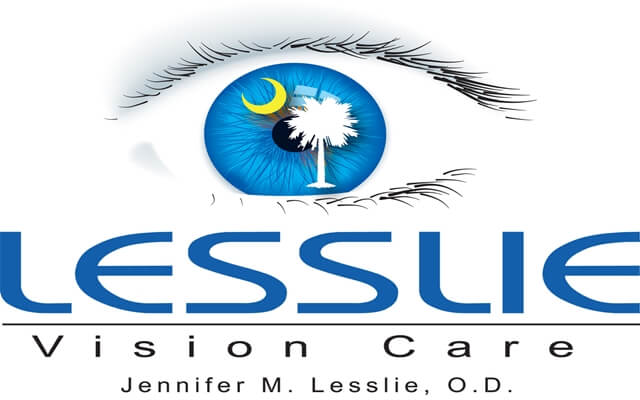Here at Lesslie Vision Care, we are dedicated to providing our patients with the best quality of eye care possible. But in addition, we want to keep our patients well educated and up to date on nutrition and how a person’s diet can affect the health of his/her eyes. Research suggests that more than 40 vitamins, minerals and antioxidants are required on a daily basis for optimal health and disease prevention. So let’s discuss one of the most important of these: Zinc.
A recent article in a well respected optometric magazine discusses the importance of zinc and why it should be incorporated into a person’s daily diet. Zinc is actually an essential trace mineral that helps reduce the number of free radicals in the human body. You may be asking, “What, exactly, is a free radical, Dr. Lesslie?” Well, according to Answers.com, a free radical is defined as an atom or group of atoms that has at least one unpaired electron and is therefore unstable and highly reactive. In animals, free radicals have been shown to damage cells and are believed to accelerate the progression of cancer, cardiovascular disease, and age-related diseases.
On top of that, zinc is vital in helping your body absorb Vitamin A and transport that Vitamin A from the liver to the retina. Vitamin A plays a very important role in producing melanin, which is a pigment in the eyes that helps protect against UV and blue light damage. Because of this, it is actually fair to say that zinc plays a role in preventing nyctalopia (night blindness).
It has also been suggested that zinc can reduce the risk of Age-Related Macular Degeneration according to an AREDS study. In addition, supplementing with zinc could help prevent cataract formation according to a Blue Mountains Eye Study and another Beaver Dam Eye Study.
So, as you can see, regular consumption of zinc is very important for the health of your eyes! You can find goo sources of Zinc in red meat, poultry, oysters, fortified breakfast cereals, nuts, baked beans, milk, and of course in multivitamin/mineral supplements. A quick warning, though: High doses of zinc may cause stomach upset. The recommended dietary allowance (RDA) is 11 mg for men and 8mg for women.
Now you are thinking…ok great information, but what can I make for dinner that will be a good source of Zinc? Try an old favorite of one of MY favorites, (Ms. Julia Child)…Beef Bourguinon. Bon Appetit!
